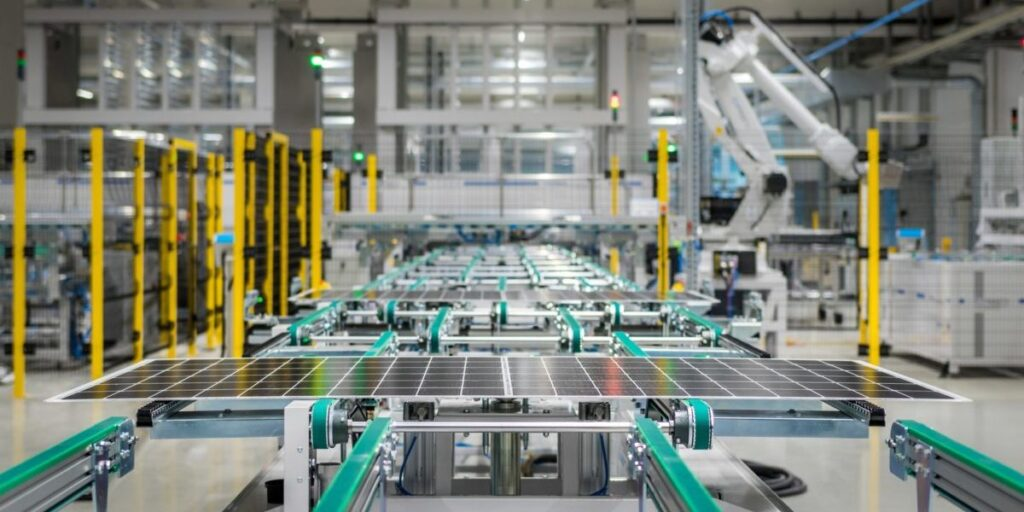Bangladesh Jute Mills Corporation signs 90 MW rooftop PV system
BJMC recently issued a statement saying that it will purchase 90 MW of rooftop PV capacity from 13 jute mills deployed across Bangladesh.
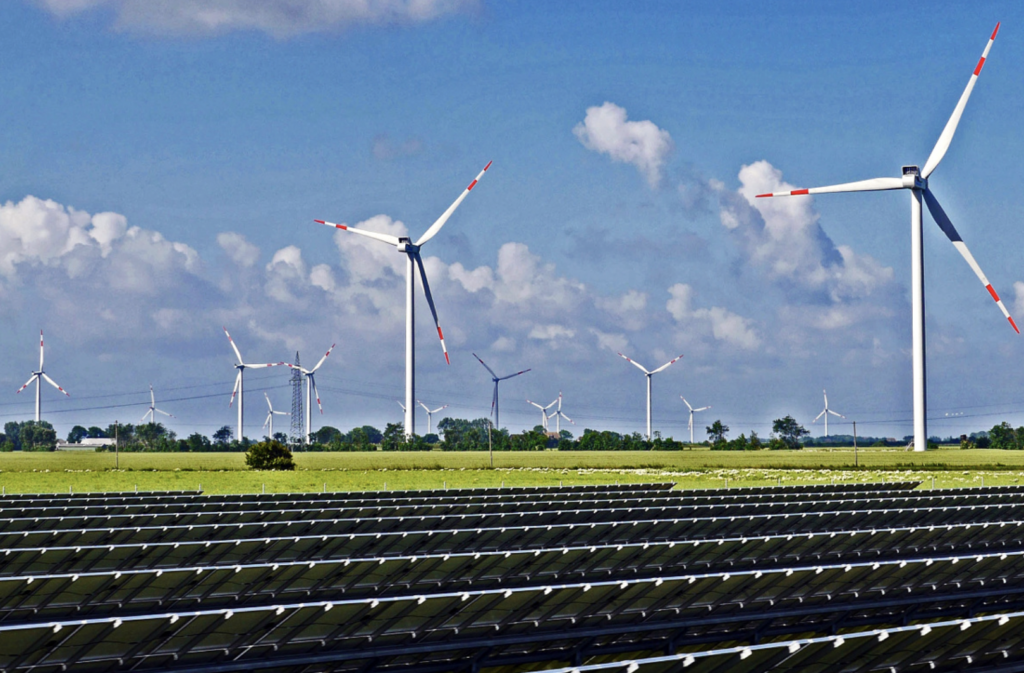
BJMC chairman Anis Mahmud told PV Magazine, "We will buy power from these mills under a 20-year contract."
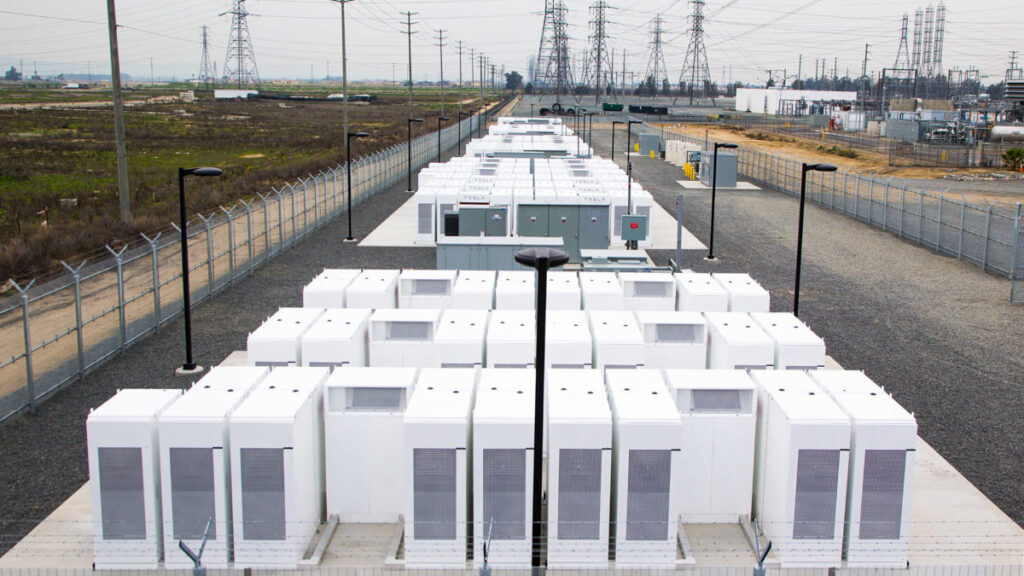
He noted that the project developers were selected through a competitive bidding process that included six foreign bidders and their local joint venture partners.
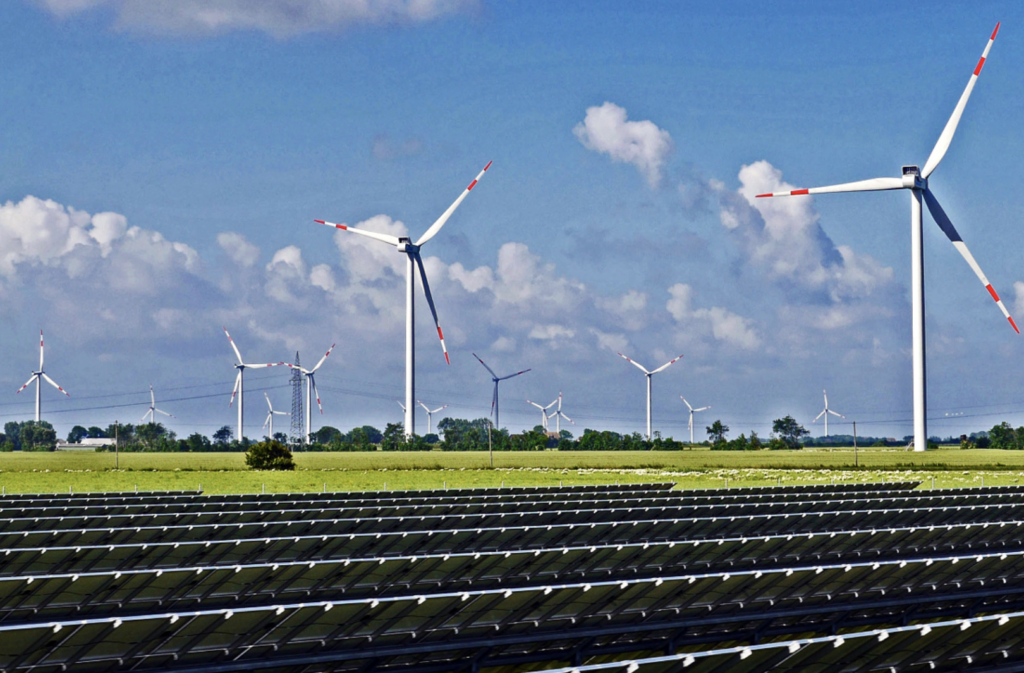
Mahmud added, "We have submitted their proposals to the Ministry of Power for evaluation and award of contracts." However, he did not disclose further details.
The bidders include Astronergy's Bangladesh subsidiary (China), Solarion CNI Creative Center (Indonesia), Copenhagen City Solar Park BD Consortium (Denmark), Top Points Trading (Oman), Lesso Consortium (Singapore) and BAY Trina Consortium (China).
In June this year, the Bangladesh government took several steps to increase the share of domestic independent power producers (IPPs) in the renewable energy market. The government allowed these IPPs to hold 100 percent stake in companies with renewable energy projects, instead of the previous 80 percent foreign investment limit.

Earlier, domestic IPPs were also allowed to participate in projects through international consortiums in which they held 51 percent stake, while foreign developers were capped at 20 percent.
Solar energy is a renewable energy source with global scarcity and necessity.
First, solar energy is an inexhaustible resource that can be utilized around the globe to generate electricity and heat without the risk of depletion that exists with fossil energy sources.
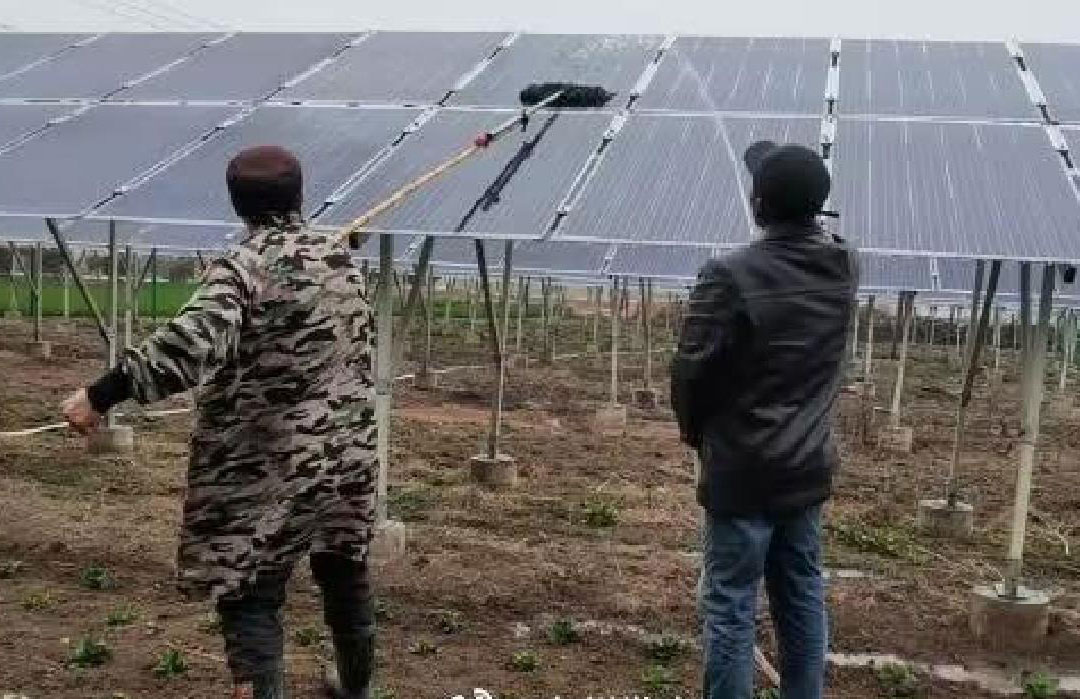
Secondly, solar energy systems can reduce dependence on traditional energy sources and lower the demand for limited resources such as oil and coal, thus alleviating the problem of tight energy supply.

In addition, the construction and use of solar energy systems have less impact on the environment, do not produce pollutants and greenhouse gases, and help improve air quality and mitigate climate change.
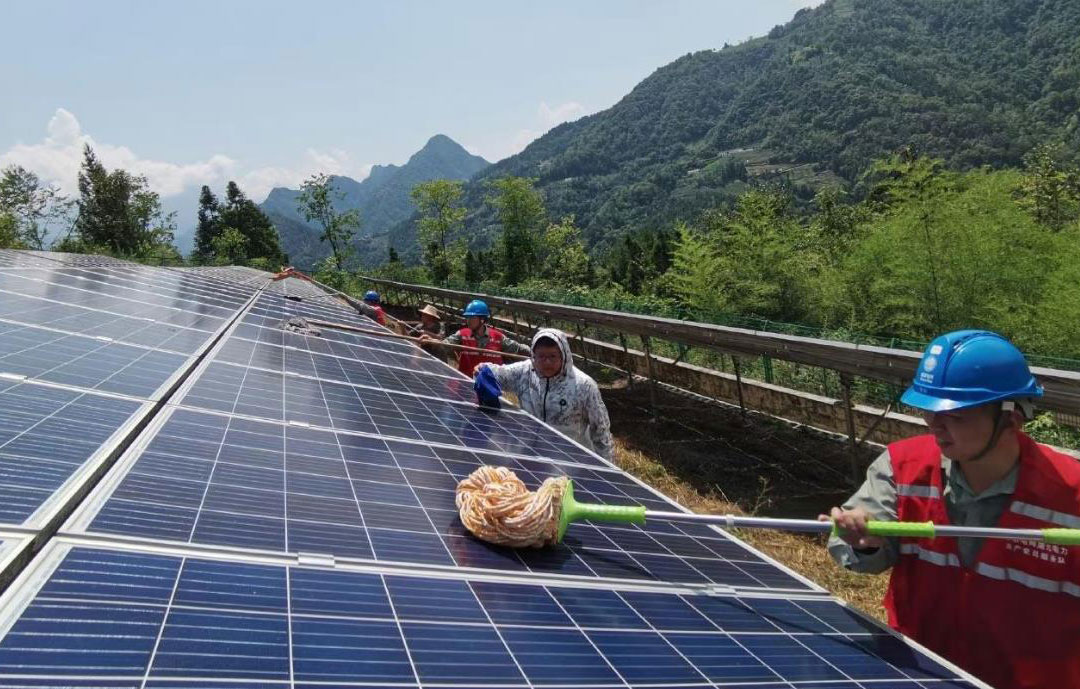
Moreover, solar energy systems have relatively low operating costs, which can reduce the expenditure on energy consumption and improve the efficiency of energy utilization.
Therefore, highlighting the global scarcity and necessity of solar energy systems can help promote the development of sustainable energy and achieve sustainable energy use and environmental sustainability.
